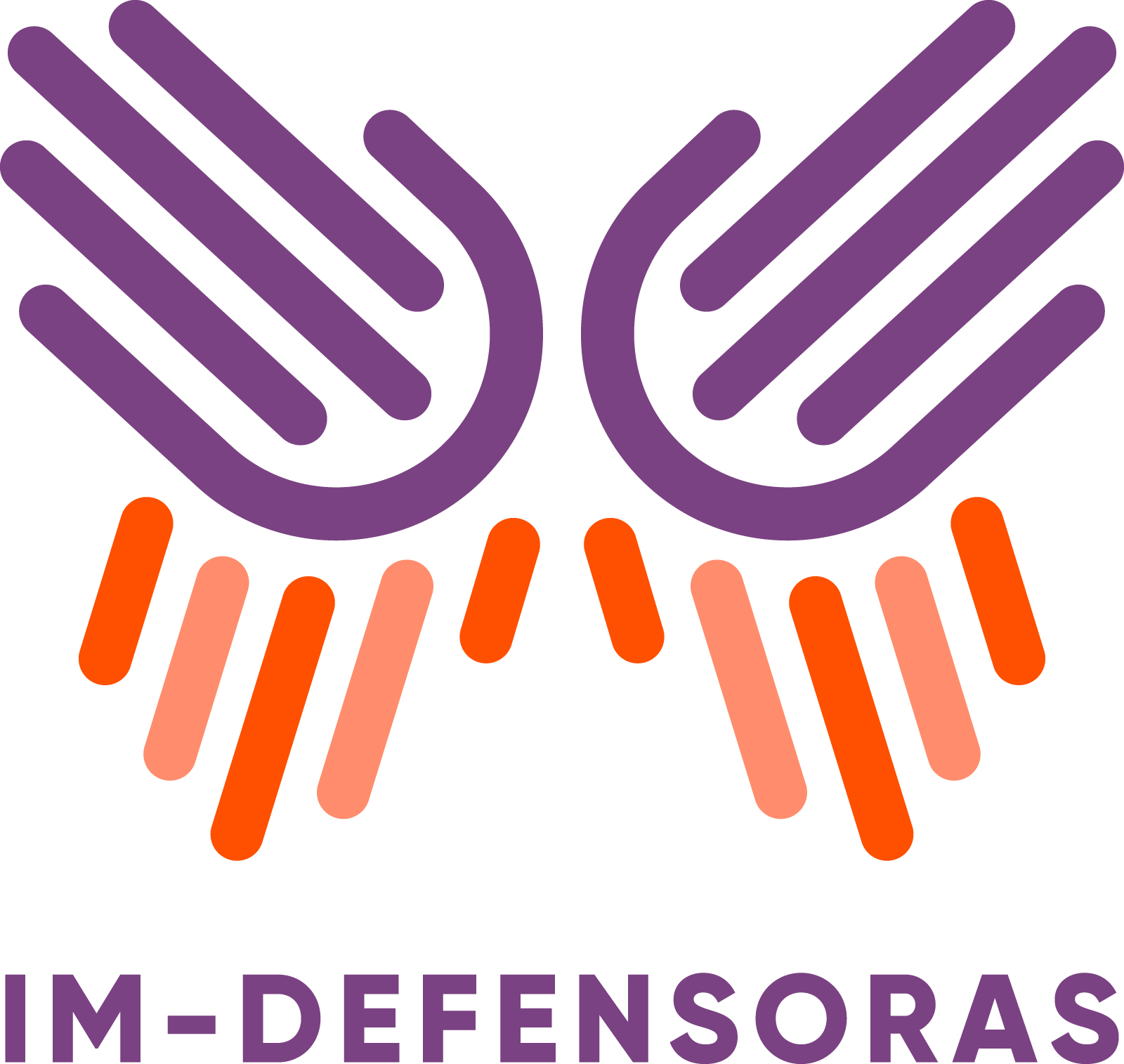IM-Defensoras es una coalición local y regional que articula a organizaciones feministas y redes de defensoras de diversos movimientos sociales. Actualmente reunimos aproximadamente a 2.800 defensoras y 300 organizaciones de Mesoamérica (El Salvador, Honduras, México y Nicaragua). Nuestro trabajo contribuye a construir un tejido social fuerte que reconozca las contribuciones y necesidades de las defensoras, brindándoles acceso a recursos de empoderamiento y protección integrales oportunos y sensibles al género, así como a herramientas para combatir la violencia de género y otras formas de violencia relacionadas con su trabajo de defensa de los derechos. Nuestro objetivo es que las defensoras mesoamericanas puedan sostener su trabajo en defensa de los derechos humanos, la paz y la justicia en condiciones de seguridad, bienestar, liderazgo y autonomía mediante la aplicación de estrategias de Protección Integral Feminista (PIF).
Membresía

